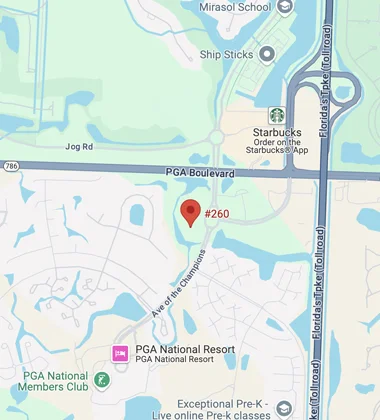Palm Beach Gardens Non-Compete Agreement Attorney
Many Florida employers seek to protect their business interests by asking key employees to sign non-compete agreements. Such contracts restrict an employee’s ability to seek a job in the same field for a specified time after leaving the employer. Restrictive non-compete agreements are often controversial, but they are legal in Florida.
As such, if you have been asked to sign such a restrictive covenant, or are facing legal action for having previously signed one, you should seek out advice from a qualified Palm Beach non-compete agreement attorney. At the Sconzo Law Office, P.A., we represent individuals who need representation in connection with a variety of work contract matters, including non-compete agreements.
Florida Law Favors Employers
Florida has a specific non-compete law, which is codified as Section 542.335 of the Florida Statutes. This statute basically states that a non-compete agreement is legal so long as it is “reasonable in time, area, and line of business.” This means that an employer cannot use a non-compete agreement to keep you from jumping to a competitor indefinitely. The statute provides that a time restraint of 6 months or less is presumed to be reasonable, while a restraint lasting more than 2 years is presumed to be unreasonable.
Some other key provisions of the Florida non-compete law include:
- A non-compete agreement must be in writing and signed by the employee. A court will not enforce an oral or implied non-compete agreement.
- If an employer seeks to enforce a non-compete agreement, it must prove the existence of one or more “legitimate business interests” justifying the restriction, such as the need to protect trade secrets or customer relationships.
- The employer must further prove the specific restraints are reasonably necessary to protect their legitimate business interests. If the employer can prove this, the burden shifts to the employee to show the challenged restraint is “overbroad, overlong, or otherwise not reasonably necessary” to safeguard the employer’s business interests.
- A court cannot consider the potential economic hardship that the employee may suffer if the non-compete agreement is enforced.
- A court must interpret the non-agreement broadly in favor of protecting the employer’s legitimate business interests.
- A court may refuse to enforce a non-compete agreement if it violates a specific public policy, and that policy outweighs the employer’s need to protect their legitimate business interests.
Contact the Sconzo Law Office Today
Even though Florida law tends to favor employers in these situations, non-compete agreements are not always ironclad. Many employers still attempt to impose time or geographic restraints that are far too broad. And in some cases, an employee can successfully argue a non-compete should not be enforced due to certain acts by the employer, such as engaging in illegal discrimination against the employee.
So if you are involved in any workplace situation involving a non-compete agreement, you should never hesitate to seek out competent legal advice. If you need to speak with a Palm Beach Gardens non-compete agreement lawyer, contact the Sconzo Law Office, P.A., today to schedule a complimentary consultation.

